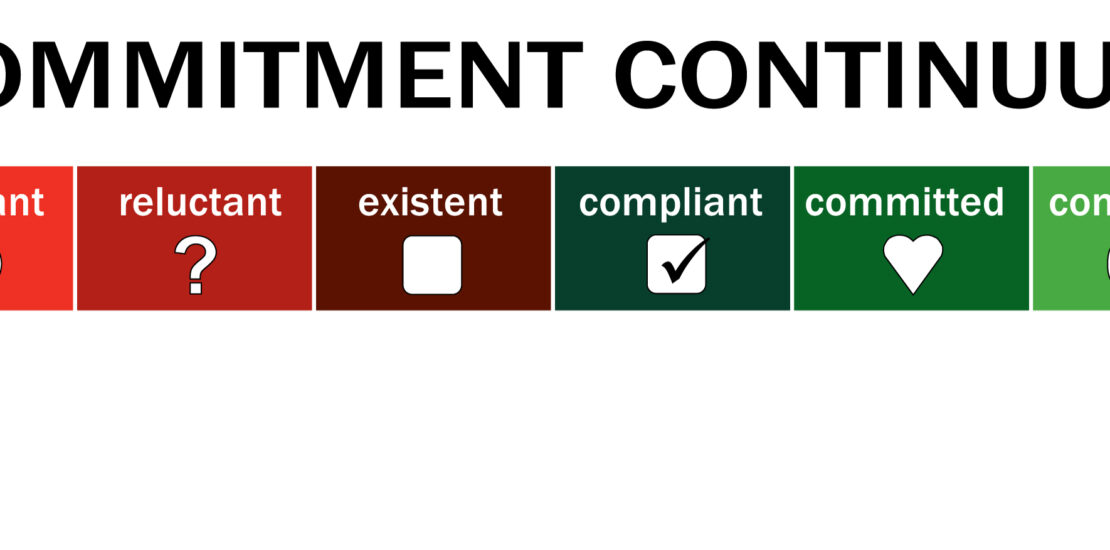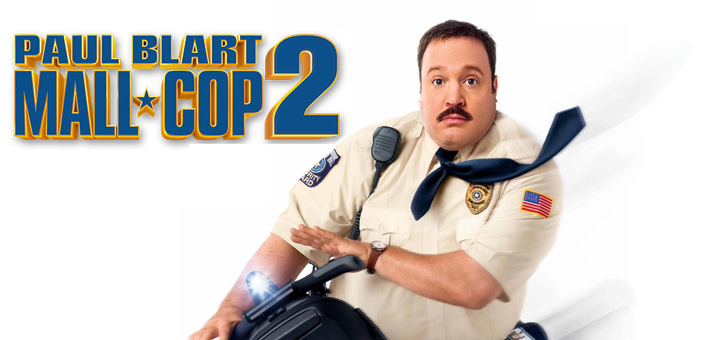sales commitment
-
New Data: Is Sales Compensation Aligned With Changing Motivational Needs?
- October 31, 2022
- Posted by: Dave Kurlan
- Category: Understanding the Sales Force

When interviewing sales and sales leadership candidates, similar counter-intuitive discussions occur. Many candidates claim that money isn’t that important because they love sales – until they claim that the base salary isn’t high enough. For others, even though they may not disclose it, the base salary is completely irrelevant as long as the company won’t cap the salesperson’s total earnings. We need to decode the topic of compensation so that we can be sure that both the base salary and the total on-plan earnings are acceptable to candidates.
It is very important to make sense of the hidden and unpredictable compensation responses because many salespeople leave the company after a short time because they don’t believe earnings are equivalent to the compensation that was promised.
It is crucial to understand that salespeople are motivated primarily by one of two motivational styles and unless you wish to hire only one type of salesperson, there must be two compensation plans that should be tailored accordingly. Let’s discuss this.
-
What it Takes to be an Elite (Top 7%) Salesperson
- October 11, 2016
- Posted by: Dave Kurlan
- Category: Understanding the Sales Force

Last week I received a call from a young, motivated salesperson – we’ll call him Jim – who desperately wanted to be one of the elite 7% of all salespeople. Despite being just 26 years old, he believed that he was already in the top 7%. During our call, he asked me a great question. He asked, “How many of the top 7% have you actually met and where are they today?” I didn’t have to think very long or hard to answer that question because it was one of the easiest questions I have ever been asked.
-
What is the Single Biggest Differentiator Between Top and Bottom Salespeople?
- October 3, 2016
- Posted by: Dave Kurlan
- Category: Understanding the Sales Force

There is one Blog that I never fail to read, and that’s Seth Godin’s Blog. Seth doesn’t write about sales – he pens a thought leadership Blog – but sometimes his articles are very applicable to sales and selling. Recently, he posted two very short articles – each is less than 30 seconds to read and I believe they are both well worth your time.
The first is Fully Baked. The second, on a related topic, is Skills vs. Talents.
-
What Committed Salespeople Do Differently
- April 24, 2015
- Posted by: Dave Kurlan
- Category: Understanding the Sales Force

Commitment. We have discussed commitment a LOT in this Blog recently because many people misunderstand the role it plays in successful selling.
-
The Importance of Resiliency in Sales and Selling
- April 22, 2015
- Posted by: Dave Kurlan
- Category: Understanding the Sales Force

We saw Paul Blart – Mall Cop 2 and laughed a grand total of twice. It was inept comedy, a horrible sequel and a terrible movie. Despite that, it was a great example of resiliency as Blart is continually rejected, stopped, ridiculed and put-off, only to ignore those events, bear down and try even harder to accomplish his goals. From that perspective, the movie, and Kevin James, succeed at demonstrating what it is like to be a salesperson.
-
What the Sales World Can Learn from Marathon Participants
- April 23, 2014
- Posted by: Dave Kurlan
- Category: Understanding the Sales Force
While some professional runners enter a marathon, more than 30,000 people were simply participating because they could. These participants have full-time jobs, careers and businesses. This is a hobby. Yet their commitment to this hobby should be embarrassing to most salespeople, who don’t put forth anywhere near this level of commitment, effort, time or practice into their own career!
-
Consultative Selling, Commitment and Training – Like Oil & Water
- March 14, 2014
- Posted by: Dave Kurlan
- Category: Understanding the Sales Force
We recently evaluated a sales force where the salespeople had, on average, only 18% of the attributes of a consultative seller.
“How could that be?”, asked the Director of Sales. “Achieve Global has come in 3 times in 3 years to teach consultative selling!”
That could be the punchline, but it’s not.
So, why didn’t the training on consultative selling stick? There are reasons aplenty!
-
Getting Reluctant Salespeople to Fill Their Empty Pipelines
- June 25, 2012
- Posted by: Dave Kurlan
- Category: Understanding the Sales Force
Last week, I wrote this article about the best time to ask salespeople to fill their pipelines. One reader asked how to get salespeople to fill their pipelines.
It’s an interesting question because your real performers don’t have to be asked. They will keep it filled on their own. If you are having difficulty getting salespeople to fill their pipeline, then one of several things may be true:
-
The Difference Between Sales Commitment and Work Ethic
- September 29, 2011
- Posted by: Dave Kurlan
- Category: Understanding the Sales Force
When a sales force evaluation shows that a salesperson lacks commitment, the most likely remark we hear from management is usually, “but he has such a good work ethic!” When we ask what they mean by “work ethic”, management often say things like:
-
12 Differences Between Your Salespeople and Sales Candidates
- September 28, 2011
- Posted by: Dave Kurlan
- Category: Understanding the Sales Force
Salespeople that already work for you are TWICE AS LIKELY to LACK Commitment than candidates applying for sales positions at your company.
What are some of the possible reasons for this discrepancy? Here are 12:

